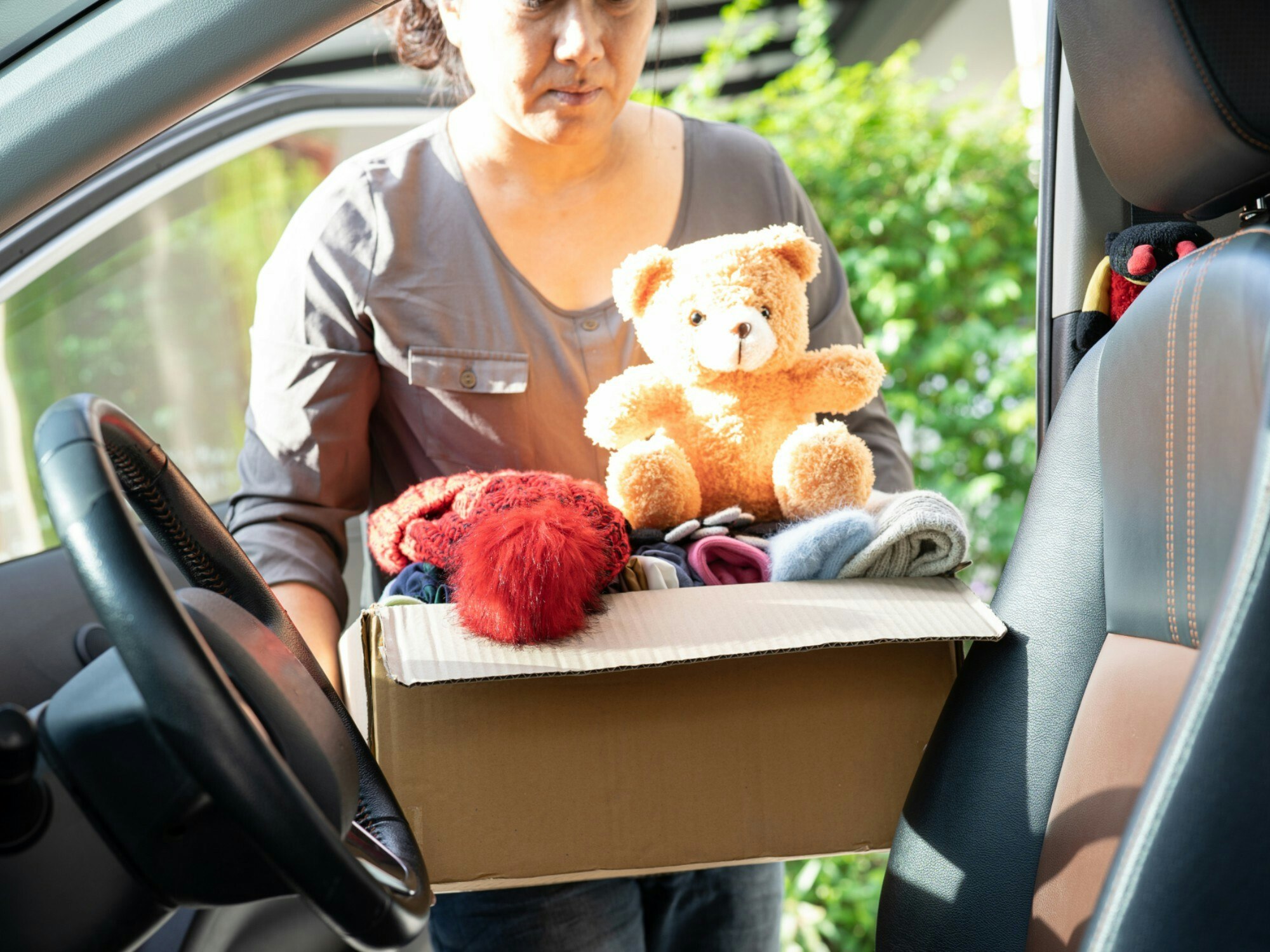Services and supports for people with disability experiencing homelessness

It is important to understand homelessness and how it can impact on people with disability, as well as where help is available.
Key points
- Homelessness is a term that covers people in unsuitable and unstable housing, as well as people living in their cars or on the street
- There are many reasons why people with disability may experience homelessness
- State and Territory Governments generally fund the support services for people with disability experiencing homelessness
According to the Australian Institute of Health and Welfare (AIHW), one in 12 clients of specialist homelessness services (SHS) live with a disability.
The AIHW data shows that SHS clients with a disability need a wider variety and higher number of services to help them get back on their feet. They also need support for a longer period of time than SHS clients without disability.
What is homelessness?
While you may consider a person homeless if they appear to be living on the street, the definition of homelessness is a bit broader in Australia.
People experiencing homelessness are considered to be anyone who has an unstable or inadequate housing situation. For example, in Australia if you were living in a home that was run down and inaccessible to you or you didn’t have a fixed address, you would be considered to be experiencing homelessness.
You are also considered to be experiencing homelessness if you don’t have suitable accommodation alternatives to the way you are living. For instance, if you are couch surfing, living in a car or living in a caravan without a long-term tenancy.
Causes of homelessness for people with disability
There are many contributors to homelessness in Australia, but there are several that affect people with disability more than people without disability and cause this group to be more at risk of homelessness than the general population.
Domestic and family violence – According to the Australian Bureau of Statistics (ABS), people with disability (particularly women) experience domestic violence at a higher rate than the general population. When people leave domestic violence situations, they often don’t have stable housing to move into and end up experiencing a form of homelessness. For some people with disability who are reliant on abusive partners or family members to provide physical support or financial support, it is even less likely they will have suitable housing when they leave as they will need formal supports to be put in place.
Financial instability – Another common reason for homelessness is being financially unstable – which can result in the loss of regular housing. Many people with disability are already struggling financially as it is more difficult to find appropriately paid employment, income support payments are low and daily living costs are more for people with disability due to expenses like medication.
Lack of appropriate housing – Many people with disability need home modifications but there are not enough housing options in Australia with modifications to keep up with demand. While some people make do with whatever housing they can find, others may be forced to live in a hospital to receive the support they need until an appropriate house is found.
Mental health – Mental health can be a contributing factor for homelessness and can also mean that people experience homelessness for longer periods of time, or multiple times during their life. This is because mental health conditions can make it harder to connect with support services and find suitable housing. Around 62 percent of SHS clients with a disability also experience a mental health issue, as opposed to 35 percent of clients without disability.
Who can help?
If you have very low income, you may be able to access housing assistance through your State or Territory public housing authority.
In public housing, you will likely need to pay rent at a reduced rate and there are other rules and regulations you need to follow to continue to live there.
Additionally, each State and Territory has individual charitable community services that provide emergency or short-term housing, support and information to people experiencing homelessness. If you need assistance or services, contact your local homelessness service.
Specialist homelessness services are funded by State/Territory Governments and provided by a range of different organisations. Although specialist is in the title, this does not mean the services specialise in supporting people with disability, as these organisations support all people at risk of or experiencing homelessness.
If you are a National Disability Insurance Scheme (NDIS) participant or may be eligible to become a participant, homelessness services and organisations may be able to help you to connect with case workers who can work with you to use the funding in your NDIS plan for supports and other disability-related services.
Other helpful services for each State and Territory can be found on the Homelessness Australia website.
Engaging with these services can help you to start rebuilding your life and find adequate accommodation.
Have you come across a homelessness service doing good things to help people with disability? Tell us in the comments below.
Related content:
Finding an accessible house in Australia
Why should people with disability move out of nursing homes?
Leaving a group home – tips for moving into your own home